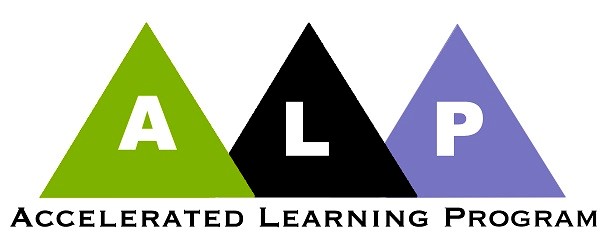Thursday, June 13
Breakout Session 1, 10:30-11:30 a.m.
English and Mathematics
Tuscan Room, 3rd floor
Accelerated Pedagogy in English and Math: High Challenge, High Support for Under-Prepared Students
Presenters:
Katie Hern, Chabot College
Myra Snell, Los Medanos College
Abstract:
Acceleration is not doing the same things faster. In this interactive session, the leaders of the California Acceleration Project will share their approach to accelerated English and Math instruction, including backwards design from the college level, just-in-time remediation, collaborative low-stakes practice, and attention to students’ affective needs.
ESOL
Ionic Room, 3rd floor
ALPESOL: Developing, Implementing and Supporting an Accelerated Learning Program for Academic ESOL Students
Presenters:
Evan Balkan, Community College of Baltimore County
Debbie Trevathan, Community College of Baltimore County
Rachele Lawton, Community College of Baltimore County
Abstract:
Accelerating students through the ESOL sequence must be balanced with ensuring that students develop academic language skills. Following the English ALP model, CCBC developed “ALPESOL,” a model that combines academic ESOL with college composition. Learn about CCBC’s process for developing this model, with an emphasis on the administrative perspective.
Integrated Reading/Writing
Composite Room, 3rd floor
The LEAP Program at Union County College: Accelerated Reading and Writing
Presenters:
Elise Donovan, Union County College
Katharine Mastrantonio, Union County College
Joseph Berenguel, Union County College
Wendy Barnes-Thomassen, Union County College
Abstract:
Union County College has developed two accelerated courses: a six-credit combined upper-level Developmental Reading and Writing course, and a 2-credit upper-level Developmental Writing course taken concurrently with English 101. Our presentation will highlight the method used to create accelerated courses within the framework of already established developmental academic criteria.
Non-Cognitive
Veterans Room, 3rd floor
Welcome to the Jungle: Classroom Management Tips and Strategies for Post-Secondary Educators
Non-Cognitive Skills in the Accelerated Developmental Classroom
Presenters and Abstracts:
Bina Pittman, Community College of Baltimore County
The session identifies and addresses non-cognitive challenges in the post-secondary classroom for all disciplines: effective classroom management tips, behavior modification skills, and advice from seasoned educators for engaging students.
Jennifer Dix, Anne Arundel Community College
What impact do non-cognitive skills have on developmental students? This session will offer an overview of current research on non-cognitive skills followed by a discussion of whether these skills are relevant to accelerated developmental courses and of how they could be assessed. Audience members are encouraged to bring and share examples of their own strategies.
English
Doric Room, 4th floor
Our Students Placed 2 to 3 Levels below College English, but Look What They Can Do!
Presenters:
Summer Serpas, Irvine Valley College
Andrea Hammock, Mt. San Jacinto College
Caroline Minkowski, City College of San Francisco
Abstract:
Instructors from the California Acceleration Project share case studies of students from traditional and accelerated pre-college composition courses to illustrate how students who are placed 2-3 levels below college level perform when instructors raise the bar and allow students to show they are capable of meaningful, complex academic work.
Integrated Reading/Writing
Chapter Room, 4th floor
Integrating Reading and Writing, When You Haven’t Integrated Reading and Writing Classes
Presenters:
Ines Gibson, Pellissippi State Community College
Lora Bagwell, Pellissippi State Community College
Abstract:
Despite having separate reading and writing developmental classes, PSCC offers students an integrated reading and writing experience through jointly created assignments and time with faculty from both programs in a lab. In this workshop, we will share our summary/response assignment and other, less-formal lessons that combine reading and writing.
